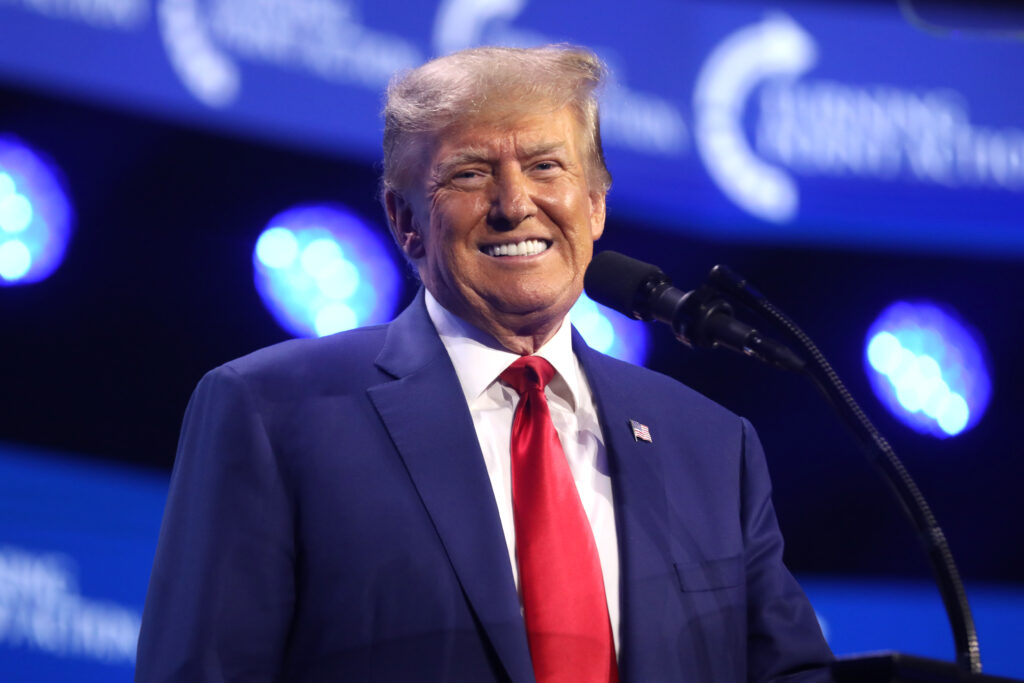A country cannot survive, let alone thrive, when the voting process itself has been tainted, thereby driving a significant portion of the citizenry to no longer trust in the electoral system. In the United States, we have generally been immune from this nightmare scenario, at least for the most part. Yes, we have had our share of highly contested elections, most recently in 2000. But, these situations have been much more the exception than the norm in the United States over the past two centuries.
Unfortunately, it has become clear that the 2020 presidential election did not reach this historically high bar due to the sheer level of fraud mail-in voters admitted to committing in the 2020 election.
Our story begins in the months leading up to the 2020 election, when several states, including all of the critical swing states, changed their voting rules under the pretext that traditional in-person voting was dangerous due to the pandemic. Rather than having most people vote in-person, which is the most safe and secure method to cast a ballot, dozens of state officials usurped the power of state legislatures and implemented unprecedented (and unconstitutional) measures to encourage mass voting by mail.
These dubious changes to state voting procedures resulted in a record-breaking number of ballots cast by mail in the 2020 election. At the same time, the percentage of mail-in ballots that were rejected by state officials was far below the historical average.
It just so happens that Joe Biden received a much greater share of the record-high mail-in votes in the 2020 election. In fact, at the national level, Biden received nearly twice as many mail-in votes compared to Trump.
Fast-forward to late 2023, when The Heartland Institute and Rasmussen Reports conducted a survey that found at least one-in-five mail-in voters admitted to committing at least one type of election fraud. To put it mildly, the poll caused a stir in the media.
The shocking poll results also begged the question: Did widespread mail-in voter fraud impact the outcome of the 2020 election?
In short, the answer is: Yes, it probably did.
Make no mistake, that conclusion was not reached in haste. On the contrary, my colleagues and I came to that conclusion after rigorous analysis of the raw polling data supplied by Rasmussen coupled with state-based mail-in voting figures.
All of this information is available in a newly released Heartland Policy Study titled: Who Really Won the 2020 Election? Measuring the Effect of Mail-in Ballot Fraud in the Trump-Biden Race for the White House.
According to the report, “the best available evidence suggests that mail-in ballot fraud significantly impacted the 2020 presidential election, in favor of Joe Biden. In other words, had the 2020 election been conducted like every national election has been over the past two centuries, wherein the vast majority of voters cast ballots in-person rather than by mail, Donald Trump would have almost certainly been re-elected.”
Truth be told, the main reason we decided to investigate the 2020 election in such detail is not because we are interested in relitigating the 2020 election. Our primary objective is to prevent anything like what occurred in the 2020 election from ever happening again.
To avert a repeat of the 2020 election, and to minimize the chances of fraud impacting future elections, we’ve included several commonsense policy recommendations that we believe will increase election integrity. For instance, we advise states to clean up their outdated and inaccurate voter registration rolls while encouraging in-person voting as much as possible.
The countdown to the 2024 election is already underway, with the odds of a Trump-Biden rematch appearing more likely by the day. It is of paramount importance that the integrity of the 2024 election is not questioned en masse by either side. We need to return to a time when the American people overwhelmingly trusted the veracity of elections. We need to keep things simple and transparent when it comes to the voting process. We need to know with a high degree of certainty that our elections are free and fair. We need to know that our vote still actually matters.
Photo by Gage Skidmore. Creative Commons Attribution-Share Alike 2.0 Generic.





